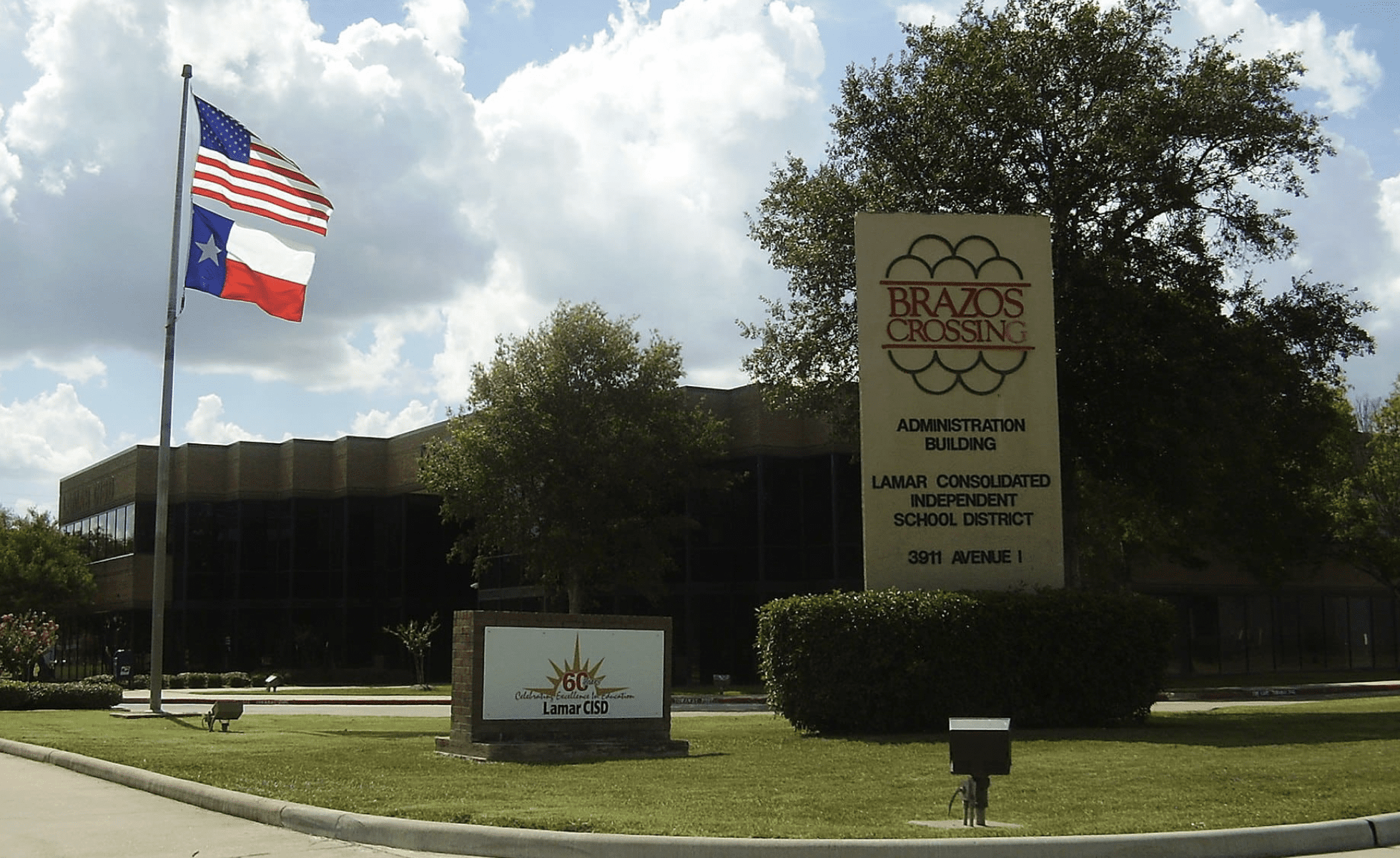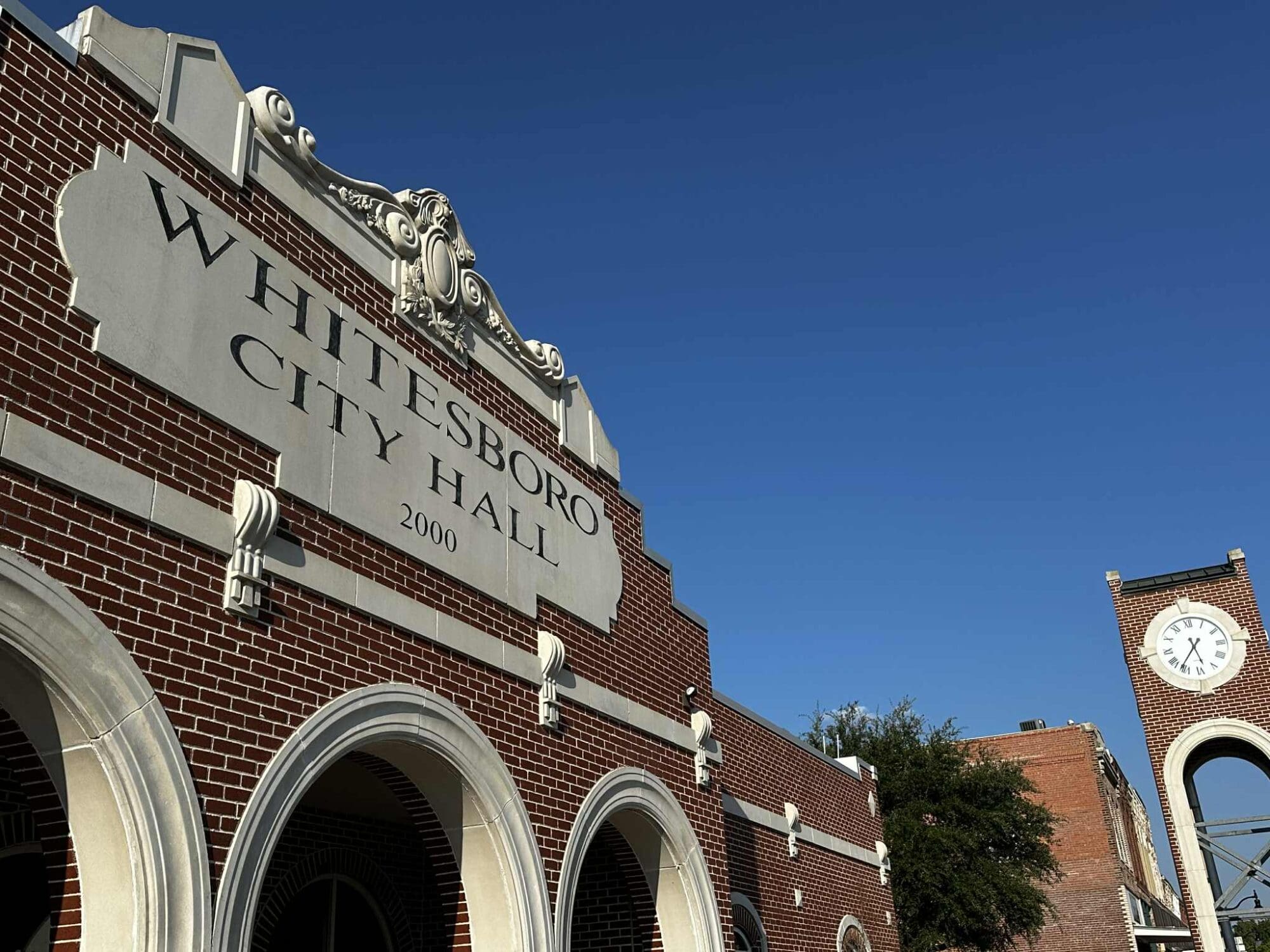With unemployment more than doubled since last year and homeowners’ tax bills higher than ever, the Fort Worth City Council voted to assign new debt to taxpayers by purchasing a new city hall building.
On Tuesday morning, all nine members of council voted to purchase the Pier 1 building at 100 Energy Way to serve as the new city hall. The vote added $100 million of new taxpayer-backed debt—$69.5 million for the building, and the rest for renovations. It last sold for $87 million in 2018.
According to the Texas Comptroller, in 2019, Fort Worth had a combined outstanding debt of over $2 billion. With last year’s population of over 909,000, the per-person debt was $2,202.
During the council’s work session earlier that morning, Councilman Cary Moon clarified the building actually has 18 stories, though it was publicly billed as a 20-story building.
The move is surprising as a city official told Texas Scorecard months earlier that Fort Worth expects to continue growing north, and in the future, city hall could potentially be moved closer to the Alliance Gateway Freeway area—17 miles further north than 100 Energy Way.
The debt is separated into two tax notes, both lent by Key Government Finance. The first tax note—valued at $74 million—has an interest rate of 0.767 percent, while the other—at $26 million—has an interest rate of 0.998 percent. Both will be refinanced later “with long-term debt based on interest rates.”
“I’m excited. It has a great gym,” Mayor Betsy Price enthused during the council’s work session.
“This is a legacy vote. Move for approval,” Councilmember Dennis Shingleton said.
“I am convinced beyond the shadow of a doubt that this is in the best interest of the taxpayer,” Councilmember Jungus Jordan added before seconding the vote. Earlier that morning, he said citizens wouldn’t have to pay for parking at the new city hall.
“The acquisition of this building [is] part of a larger real estate plan that is a good deal,” Councilmember Cary Moon published in a statement outlining his support for the deal. He also wrote that the acquisition and renovations would cost less than building a new city hall.
“We want to demonstrate that we are good stewards of our taxpayer dollars,” he said on Tuesday.
Indeed, the stewardship of taxpayer dollars has been central to the discussion surrounding this purchase.
As previously reported by Texas Scorecard, purchasing the Pier 1 building would remove its current appraised value of $71 million from property tax rolls.
A city official said that while it doesn’t pay into city property taxes because it’s located within the Panther Island Tax Increment Reinvestment Zone, it does pay property taxes to the Fort Worth Independent School District.
Its cumulative 2020 property tax bill is $2,022,221, which remained unpaid as of December 10. Less than half of the building is currently occupied.
According to Moon’s statement, the building brings in $3 million in lease income from current tenants, which he says would be new income for the city.
Moon adds the city would save $987,000 a year by “terminating leases of non-owned properties and relocations of those city services.”
In order to break even on the new $100 million debt, Moon said the city will have to sell four surplus buildings at $35 million to “net the new lease income and savings of lease expense.”
“So long as we can liquidate surplus buildings … this is a positive gain for us to the taxpayers,” he told the council.
But in an interview this month, local real estate developer Terri Montesi discussed how badly the real estate market is hurting as a result of this year’s government-mandated shutdowns.
“[R]etail, office, mixed use, there’s really no financing for it today,” he said. “But nobody with any brains is trying to deliver any product today, either. We’re all just going to kind of hunker down and wait this out.”
Something to consider while adding to local taxpayers’ debt right is the current unemployment rate. The most recently published numbers showed Fort Worth’s unemployment at 6.8 percent in October, more than double October 2019’s 3.3 percent, but down from April 2020’s high of 13.5 percent.
Another concern is the addition of new debt to already rising tax bills. This year, Fort Worth ISD’s and the city’s property tax bills for average homeowners are up by over 10 percent and 2 percent from 2019, respectively. Since 2013, the property tax bill for average homeowners from the school district has skyrocketed over 65 percent, while property tax bills from the city have jumped by over 46 percent.
Only Councilmember Carlos Flores and school board trustee Tobi Jackson replied to email inquiries sent to the entire city council and school board about how this purchase would affect homeowners’ property tax bills.
Flores said the “loss of property tax revenues from the new city hall building are expected to be offset” by selling other city properties. He added that all school district-related questions should be sent to FWISD.
Trustee Jackson referred us back to Mayor Price and the city council.
Concerned citizens may contact their city council member to ask how their property tax bills will be affected.





